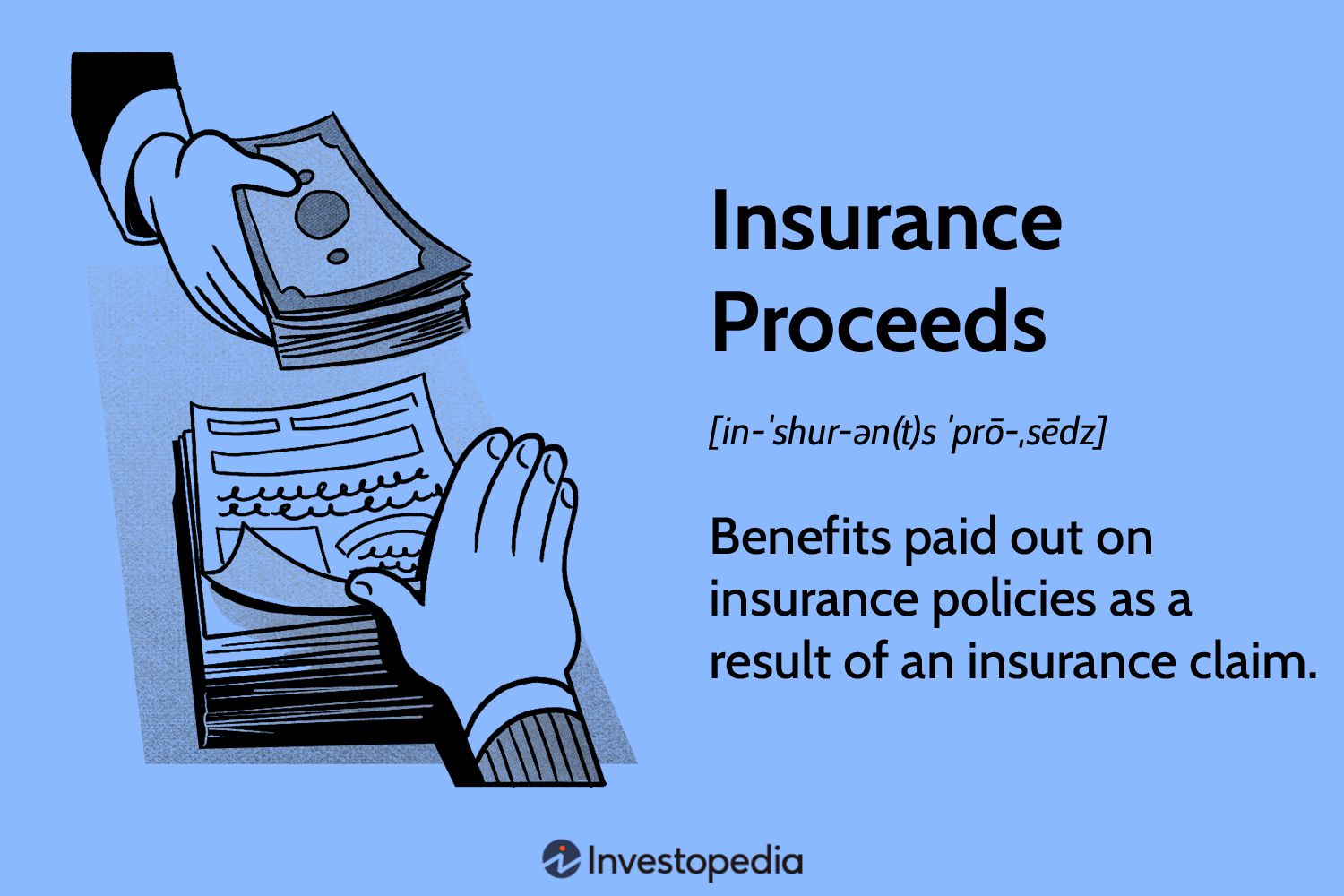When it comes to securing your loved ones’ financial future, life insurance is a powerful tool. However, many individuals wonder if their hard-earned life insurance proceeds could be vulnerable to creditors’ claims after their passing. In this comprehensive guide, we’ll unravel the complexities surrounding this crucial question and provide you with actionable strategies to safeguard your life insurance benefits.
Understanding the Protective Nature of Life Insurance
The primary purpose of life insurance is to provide financial security to your beneficiaries in the event of your untimely demise. Fortunately, the law recognizes this intent and offers robust protections to ensure that life insurance proceeds are shielded from creditors’ claims in most cases.
The crux of this protection lies in the fact that life insurance benefits are typically paid directly to the designated beneficiaries, bypassing the probate process altogether. This means that the proceeds are not considered part of your estate, which is subject to creditors’ claims during the probate proceedings.
The Untouchable Nature of Life Insurance Proceeds
When you name specific individuals as beneficiaries on your life insurance policy, the death benefit payout becomes their legal property upon your passing. This crucial step creates a barrier that prevents creditors from accessing the funds, even if you have outstanding debts at the time of your death.
The insurance company is legally obligated to transfer the proceeds directly to the named beneficiaries, and creditors have no legal standing to intercept or claim these funds. This protection extends to various types of debt, including credit card balances, personal loans, and even overdue medical bills.
Exceptions to the Rule: When Creditors May Have a Claim
While life insurance proceeds are generally well-guarded, there are a few exceptions where creditors may be able to assert a claim on the benefits. These situations typically arise when the proceeds become part of your estate, either intentionally or unintentionally.
-
Naming Your Estate as the Beneficiary: If you designate your estate as the beneficiary of your life insurance policy, the proceeds will be subject to probate and creditors’ claims. This decision effectively removes the protective barrier and exposes the funds to potential seizure by creditors.
-
Lack of Named Beneficiaries: In the absence of designated beneficiaries, either due to oversight or the premature death of all named individuals, the life insurance proceeds will automatically become part of your estate. This situation also subjects the funds to creditors’ claims during the probate process.
-
Community Property States: In certain states, known as community property states (Arizona, California, Idaho, Louisiana, Nevada, New Mexico, Texas, Washington, and Wisconsin), outstanding debts incurred during a marriage may be considered joint liabilities. In such cases, creditors may be able to pursue a claim against the life insurance proceeds received by the surviving spouse, even if they were not the direct beneficiary.
Proactive Measures to Safeguard Your Life Insurance Proceeds
To ensure that your life insurance benefits remain protected and serve their intended purpose, consider implementing the following proactive measures:
-
Regularly Update Beneficiary Designations: Regularly review and update your beneficiary designations to reflect any life changes, such as marriages, divorces, or the birth of new dependents. This simple step ensures that the proceeds are directed to the intended individuals.
-
Name Contingent Beneficiaries: In addition to primary beneficiaries, consider naming contingent or secondary beneficiaries. This measure ensures that the proceeds are distributed according to your wishes, even if your primary beneficiaries are unable to receive them.
-
Establish a Living Trust: By placing your life insurance policy into a properly structured living trust, you can further insulate the proceeds from creditors’ claims. The trust becomes the legal owner of the policy, and the benefits are distributed according to the trust’s terms, bypassing probate.
-
Consider an Irrevocable Life Insurance Trust (ILIT): An ILIT is a specialized trust designed specifically to hold life insurance policies. By transferring ownership of your policy to an ILIT, you can remove the proceeds from your taxable estate and provide an additional layer of protection against creditors’ claims.
Final Thoughts: Prioritizing Your Loved Ones’ Financial Security
Life insurance is a powerful tool for safeguarding your loved ones’ financial future, and understanding the protections it offers against creditors’ claims is crucial. By taking proactive measures and seeking professional guidance when necessary, you can ensure that your life insurance proceeds are distributed as intended, providing a lasting legacy for those you care about most.
Remember, the key to maximizing the protective benefits of life insurance is to stay informed, regularly review your beneficiary designations, and explore advanced estate planning strategies when appropriate. With the right knowledge and preparation, you can rest assured that your life insurance benefits will serve their intended purpose, shielding your loved ones from the burden of outstanding debts and securing their financial well-being for years to come.
Are Life Insurance Proceeds Protected From Creditors?
FAQ
How do I protect my life insurance proceeds from creditors?
Can credit card companies come after life insurance?
Are proceeds from a life insurance policy protected from the beneficiary creditors?
Can debts be taken out of life insurance?

